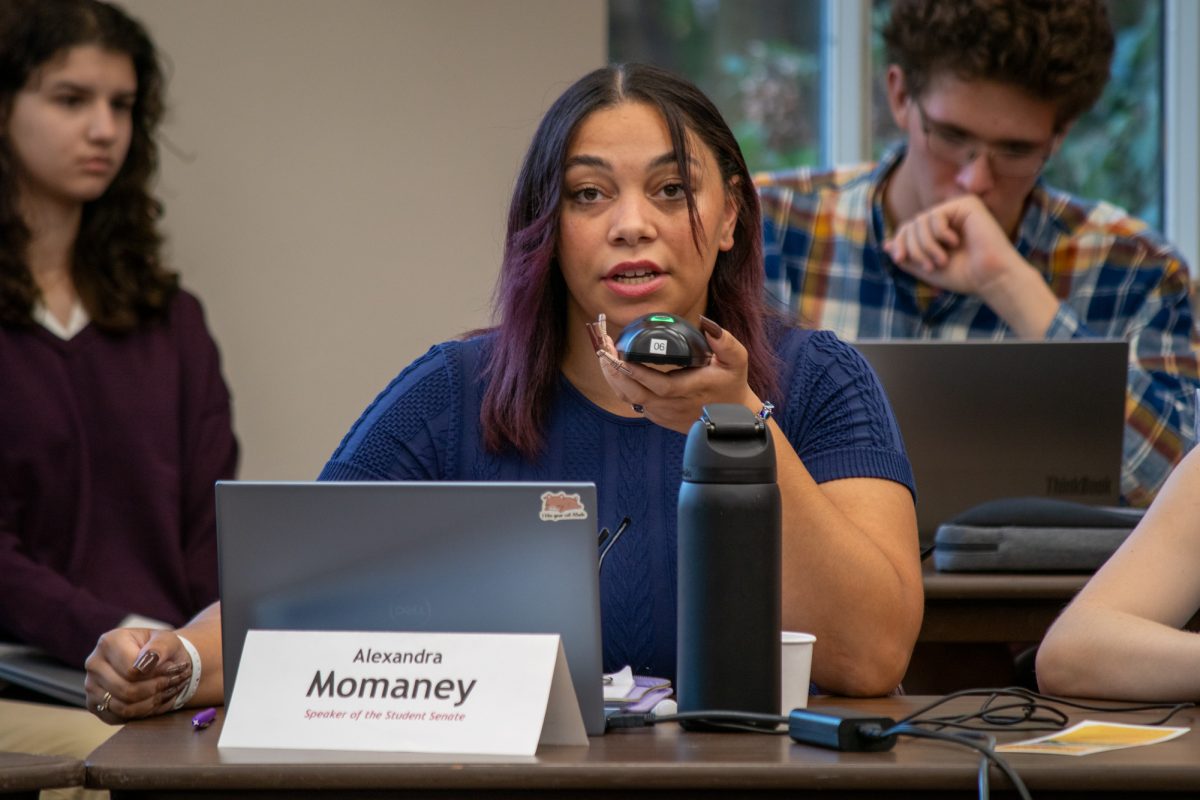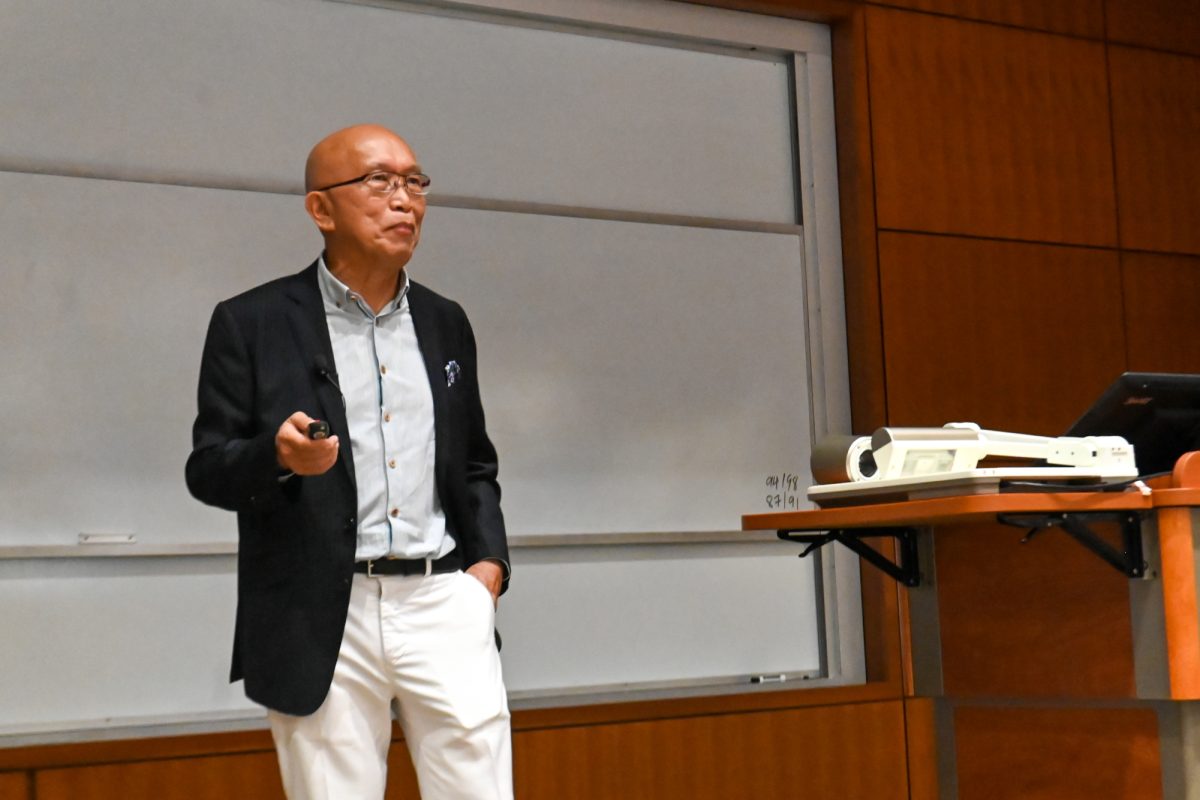Luddites sabotage the Man’s machine
February 16, 1999
Have you ever wanted to throw your computer out the window and watch it break into a thousand tiny “bytes” on the ground below?
Have you ever felt put out by the constant advances in technology that keep your own computer dated and on the edge of imminent obsolescence?
Does “spam” no longer mean that unidentifiable canned meat that your mother used to fry up on cold winter days?
Are you starting to wonder what the unspoken implications of computer technology are, particularly regarding your privacy?
Then you may have the makings of a Neo-Luddite.
When my house burned down in 1979, it was kindly but pointedly suggested that I may have left a kitchen appliance on when I left for the city.
I was already traumatized by the charred remains of everything I owned lying in the backyard.
The last thing I wanted to hear was that it was probably my fault.
When I began the slow process of rebuilding my life, after I bought some underwear and a new T-shirt to wear with the pair of pants I was wearing the day of the fire, I realized that I had developed a sudden aversion to electrical appliances for the kitchen.
I absolutely refused to buy electric beaters, for example and stuck with the hand-turned kind.
I made coffee in a glass percolator and I cut that damn turkey with a big sharp knife that worked just as well as the electric knife I had lost in the fire.
Wow, I noticed one day, my so-called standard of living isn’t what it used to be, but I’m not unhappy.
In fact, there was something almost joyful about creating meals for my family and friends now.
I was doing it with my own hands and by the power of my own muscles, and I began to feel more like an artist in the kitchen than a coordinator of electronic devices supposedly designed to make my life easier and better.
I hadn’t gotten around to replacing other lost appliances, and I decided it wasn’t meant to be.
Even at 25, I was evolving into a Neo-Luddite.
The habits begun back then would eventually lead me to make some startling decisions, decisions which had my family wondering if it was time to call the men in white coats to take care of me until I found my rational mind again.
But, I will argue that I am immeasurably happier now living on less than $9,000 a year and working 10-15 hours a week than I was in 1983 when I made nearly $70,000 a year (working 50+ hours a week) and than I was last year when I was making $35,000 (working 35 hours a week). Why? Quality of life.
According to Kirkpatrick Sale’s “Rebels against the future: the Luddites and their war on the Industrial Revolution,” The Luddites were a group of artisans in Nottingham, England, who sabotaged the wool looms that threatened to steal their way of life.
They had been weaving for generations and were proud of their hand-produced products.
When the looms came in 1589, they essentially replaced the home businesses by producing a cheaper product.
This may have been good for business, but it was bad for the people whose lives depended on hand-weaving skills.
The artisans sabotaged the company looms and grew until the government intervened in 1812 with nearly 15,000 soldiers (although that sounds like overkill for a bunch of weavers).
The Luddites’ philosophy lives on in those who feel we must check the advances of technology promoted as improvements when they may only be perpetuating our materialism.
It is the profit-making powers that are suspect here.
Are they selling us this product because it improves the quality of our lives or because it will give us a sense of a higher standard of living?
Americans need to check their priorities. Do you need DVD? Do you need a Pentium IV? Must you have AOL? Do you need a 1999 model car? Do you need a cruise to the Bahamas?
Or do you need some peace of mind and freedom from the credit card debt that looms 30 years into your working future?
I suggest we take a closer look at what we truly need to be happy. If Americans created lives for themselves on the basis of what they love to do instead of what they have to do (work), we might be a happier bunch. And we just might be able to address some of those environmental issues without feeling like it’s a “sacrifice.” I’ll be back next week with more on this.
Kata Alvidrez is a graduate student in English from Los Angeles.






